Premium Only Content
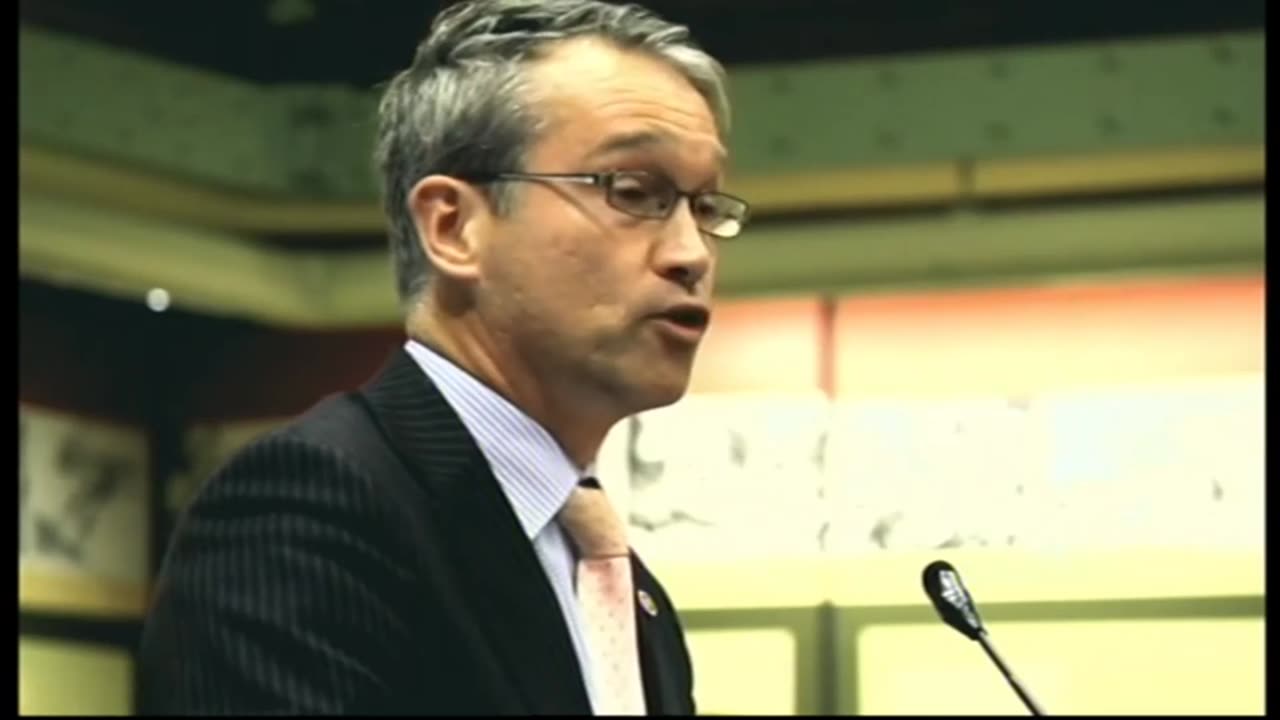
Tom Switzer - The Arab Spring and its Consequences
SUMMARY:
------------------------------
Join Tom Switzer — editor of The Spectator Australia and a seasoned commentator — as he mixes personal memoir with hard-headed foreign policy analysis. Born in the United States to a US Marine and raised in Australia, Tom opens with a personal story that sets the tone for a candid, earnest talk. He explains why he broke ranks with many conservatives over the 2003 invasion of Iraq: containment, sanctions and deterrence had kept Saddam Hussein in check, and regime change risked dangerous unintended consequences. Tom applies that scepticism to the Arab Spring and its aftermath, arguing that rapid attempts to export democracy in fragile, divided societies often unleash chaos, empower extremists and diminish Western credibility. Drawing on history, Edmund Burke’s cautionary wisdom and his long experience in editorial roles, Tom offers practical lessons for Australian and allied policymakers. This is a passionate, clear and personal take on why democracy is best built at home, not imposed, and why prudence must guide our interventions abroad.
RUMBLE DESCRIPTION:
-----------------------------------
Tom Switzer delivers a frank, personal and timely reflection on intervention, regime change and the real costs of trying to export democracy. In this talk Tom — editor of The Spectator Australia, affiliated with the United States Studies Centre at the University of Sydney and a long-time commentator on international affairs — begins with a personal story about his origins and how those early experiences shaped his outlook. He explains why, in late 2002, he opposed the invasion of Iraq even as many conservative colleagues supported it. Tom lays out two clear reasons: that containment, sanctions and deterrence had worked since 1991, and that imposing democracy on fractured societies risks catastrophic unintended consequences.
Tom then ties those lessons to the Arab Spring and its consequences, arguing that rapid regime change frequently produces instability, strengthens extremist groups and erodes Western influence. Drawing on Burkean prudence, historical examples and his years in editorial life, he urges policymakers to learn the limits of idealistic intervention and to favour cautious, realistic strategies that protect national interest and regional stability.
If you care about foreign policy, Australia’s strategic choices or honest political debate, this talk is for you. Leave your thoughts in the comments, share with friends who follow international affairs and subscribe for more in-depth talks and analysis. Let’s have a grown-up conversation about what works — and what doesn’t — when nations try to remake other nations.
⚠️ CONTENT DISCLAIMER ⚠️
The views, opinions, and statements expressed in this video are those of the individual speaker(s) and audience members. They do not necessarily reflect the views, opinions, or positions of Western Heritage Australia or its affiliates.
This content is presented for educational and informational purposes as well as to facilitate public discourse on important social and political issues. We provide a platform for diverse Australian voices to be heard, to assist the public in forming their own informed opinions.
Western Heritage Australia does not endorse, verify, or take responsibility for the accuracy of statements made by speakers. All claims, statistics, and opinions remain the responsibility of the original speaker. Viewers are encouraged to conduct their own research and consult multiple sources when forming opinions on these topics.
This video may contain strong political opinions, controversial viewpoints, strong language, or mature themes. Viewer discretion is advised.
-
 LIVE
LIVE
Side Scrollers Podcast
1 day ago🔴SIDE SCROLLERS FUND-A-THON🔴DAY 2🔴100% REVENUE HELPS CHANGE CULTURE!
1,492 watching -
 LIVE
LIVE
Rebel News
25 minutes agoCarney 'controlling' Trump, Alberta municipal elxns, Too many new Canadians | Rebel Roundup
254 watching -
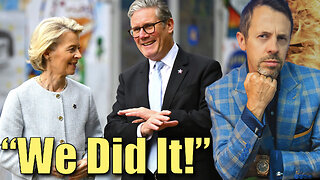 LIVE
LIVE
Neil McCoy-Ward
47 minutes ago⚠️ They’re Applauding the Collapse – Let That Sink In... 🔥
86 watching -
 LIVE
LIVE
TheAlecLaceShow
1 hour agoNo Kings Protests EXPOSE Leftists | Ballroom Meltdown | Guest: Chris Salcedo | The Alec Lace Show
28 watching -
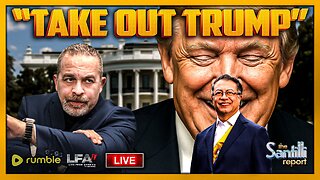 LIVE
LIVE
LFA TV
13 hours agoLIVE & BREAKING NEWS! | TUESDAY 10/21/25
3,360 watching -
 1:00:30
1:00:30
VINCE
4 hours agoHere's What REALLY Happened During This Weekend's Chaos | Episode 151 - 10/21/25
151K128 -
 LIVE
LIVE
The Mel K Show
1 hour agoMORNINGS WITH MEL K - The Battle for Your Brain the "Donald Trump" Psyop - 10-20-25
746 watching -
 LIVE
LIVE
The Shannon Joy Show
1 hour agoRFK & GOP Fast Track A Biometric Data Heist. Has MAHA Been Hijacked By Tech Bros? W/ Aaron Day
210 watching -
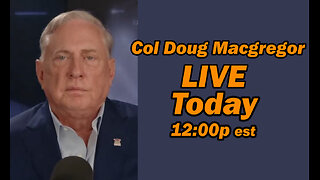 LIVE
LIVE
Daniel Davis Deep Dive
4 hours agoCol Doug Macgregor LIVE Today 12:00p est
174 watching -
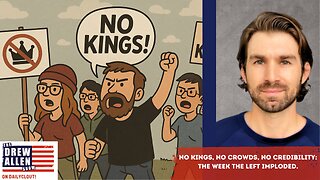 DVR
DVR
The Drew Allen Show on DailyClout
2 hours ago“No Kings, No Crowds, No Credibility: The Week the Left Imploded.”
4.56K1